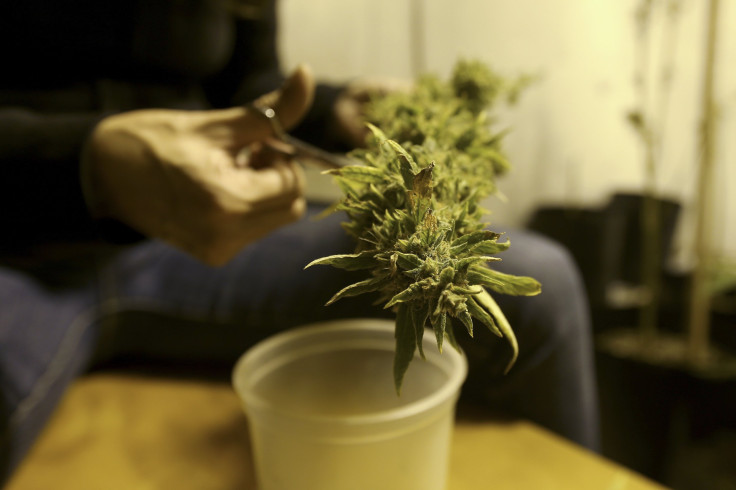Uruguay's Historic Marijuana Law At Stake In Presidential Vote

While Brazil’s presidential election may be the big event to watch in Latin America this weekend, next-door neighbor Uruguay also faces a political crossroads in the first round of its presidential vote Sunday. But Uruguayans flocking to the polls will also be implicitly deciding the fate of the country’s historic legalization of marijuana.
The two main presidential contenders in Uruguay’s race sit on opposite sides of the marijuana law, passed in late 2013. Tabare Vazquez, a former president and member of the ruling Broad Front leftist coalition, has supported the law, while center-right challenger Luis Lacalle Pou has vowed to overturn it, allowing only for personal marijuana cultivation, as Reuters reported. A third candidate, Pedro Bordaberry, has also come out against the law. A vote for Lacalle Pou or Bordaberry would roll back the law that made Uruguay the first country in the world to authorize the production, distribution and sale of marijuana.
Bolstered by outgoing President Jose Mujica’s backing, Vazquez has maintained a lead over his opponents. But Sunday’s election is widely expected to go to a second vote, scheduled for November, and projections of a runoff scenario involving Vazquez and Lacalle Pou show a narrow gap between the two, as indicated by the Americas Society/Council of the Americas.
Famous for his progressive social policies and simple lifestyle -- he gave away 90 percent of his salary, as the Guardian reported -- Mujica championed marijuana legalization last year. In recent months, however, popular support for the law has slumped. A July survey by the polling firm Cifra-Gonzalez, Raga and Associates found that more than 60 percent of respondents disapproved of marijuana legalization and thought the law should be repealed as soon as possible.
Officials have struggled to hammer out details of how the system will work, including taxation and pricing schemes, the means of regulating supply and how to keep criminal networks out of the marijuana market. The government has delayed its rollout of marijuana sales to early 2015 as it navigates the intricacies of implementation, as Reuters reported. If Mujica’s administration fails to get a working system in operation by the time he leaves office in March, it would be that much easier for the next president to let the experiment stall.
Uruguay’s Latin American neighbors have been keeping a close watch on the results. A successful, thriving legal marijuana market in Uruguay would no doubt have an impact in the region, especially as a growing number of leaders inch away from harsh drug penalties.
© Copyright IBTimes 2024. All rights reserved.












